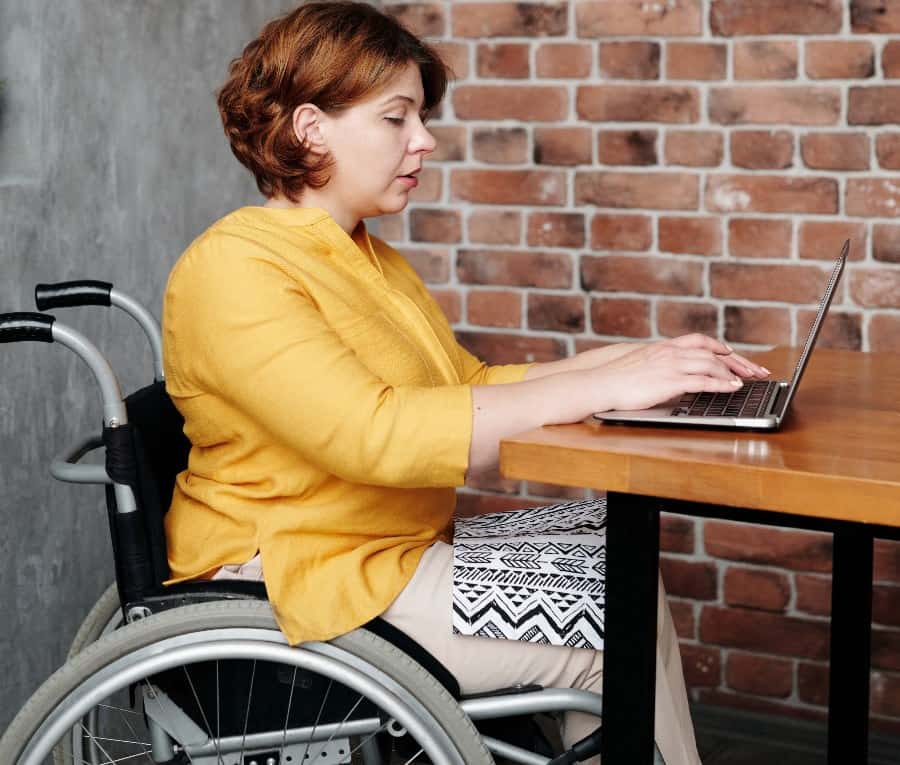New Disability Action Plan to make UK more accessible met with reservations from campaigners

From helping to ensure more disabled children can use their local playground to supporting assistance guide dog users and aspiring disabled politicians, the 32-point Disability Action Plan outlines concrete changes designed to make a real difference now and in the future.
Specific actions include a new fund to support disabled people who want to be elected to public office. It plans to build an online information hub for local authorities on creating accessible playgrounds.
A new working group will be set up to educate businesses on the legal rights of assistance dog owners and make it simpler to report when they are refused access to a business.
The plan is also to include new research into emerging issues affecting disabled people in the UK over the next 20 years
The Cabinet Office’s Disability Unit will also be working with other government departments to explore bidding to host and deliver the 2031 Special Olympics World Summer Games.
The publication of the Disability Action Plan is just the latest chapter in the government’s drive to improve the lives of millions of disabled people.
This has included seeing 1.3 million more disabled people in work now than in 2017 – delivering a government commitment five years early.
The government states that it has also increased funding for the education of children and young people with more complex needs by more than 50 per cent over the past four years, and it has passed two landmark pieces of legislation – the British Sign Language (BSL) Act and the Down Syndrome Act.
Mims Davies MP, Minister for Disabled People, Health and Work, said: “We are building on this government’s really strong track record of supporting and delivering for disabled people by using their key feedback to deliver vital, everyday changes to their lives and we have listened to their asks and are truly determined to deliver on them.
“This new wide ranging plan means disabled children can rightly enjoy the fun of the playground, disabled customers can use the services they’re entitled to and businesses who break laws around assistance dogs will be firmly held to account amongst other impactful changes.”
Tim Hollingsworth, Sport England CEO and Disability and Access Ambassador for Sport and Physical Activity, said: “I support the government’s plans to explore hosting the 2031 Special Olympics World Summer Games. As an event it is both important as the pinnacle event for athletes across the world and inspiring and uplifting for everyone who attends or is involved.
“As a passionate advocate for disability sport, I am eager to explore the tangible benefits that could come from this initiative in this country, as well as the other more immediate actions in the Disability Action Plan, all aimed at improving the lives of disabled people.”
Further Disability Action Plan pledges include ensuring disabled people’s experiences are fully taken into account during resilience planning for emergencies. It includes a plan to publish research into the accessibility of private sector products and services in Spring 2024, and holding a conference on climate adaptation and disability.
Concerns over the Ultra Low Emission Zone and Clean Air Zones leading to some disabled people feeling excluded from city centres and across London will also be addressed.
The Disability Action Plan sits alongside the National Disability Strategy which outlines the government’s long-term vision for transforming disabled people’s lives for the better.
Campaigners have welcomed parts of the plan, but warned they would be watching to check whether promises were kept on the various steps and noted elements they said were missing.
Commenting on the new Disability Action Plan, Richard Kramer, Chief Executive of the national disability charity Sense, said: “While it’s a relief to see Government has listened to the feedback on its Disability Action Plan and created more ambitious proposals than previously published, the proof, as always, will be in the pudding.
“Government has set itself six and 12-month reporting milestones, and Sense will be monitoring these carefully to see if the plan turns into actions.
“The plan contains many positive proposals including the commitments to measure the effectiveness of policies for disabled people and to ensure British Sign Language interpretation for Downing Street briefings.
“But we also know from our research that the issues that matter the most to disabled people include pressures from the increasing cost of living, challenges with the benefits system and the ongoing social care crisis.
“These require long-term solutions to create a just society for disabled people. In a year where we will be heading to the polls, we hope to see all parties commit to creating the bold changes disabled people desperately need.”
Jackie O’Sullivan, acting CEO at learning disability disability charity Mencap, said: “Despite some encouraging steps forward, the Disability Action Plan is unlikely to bring about the change people with a learning disability need from our government.
“We welcome new initiatives, like improving how government will undertake research on disabled people’s experiences; support for disabled people who want to seek public and elected office; and work to make government communications more accessible. But these positive steps do not address the most pressing issues for people with a learning disability: access to social care, healthcare, employment and cost of living support.”


